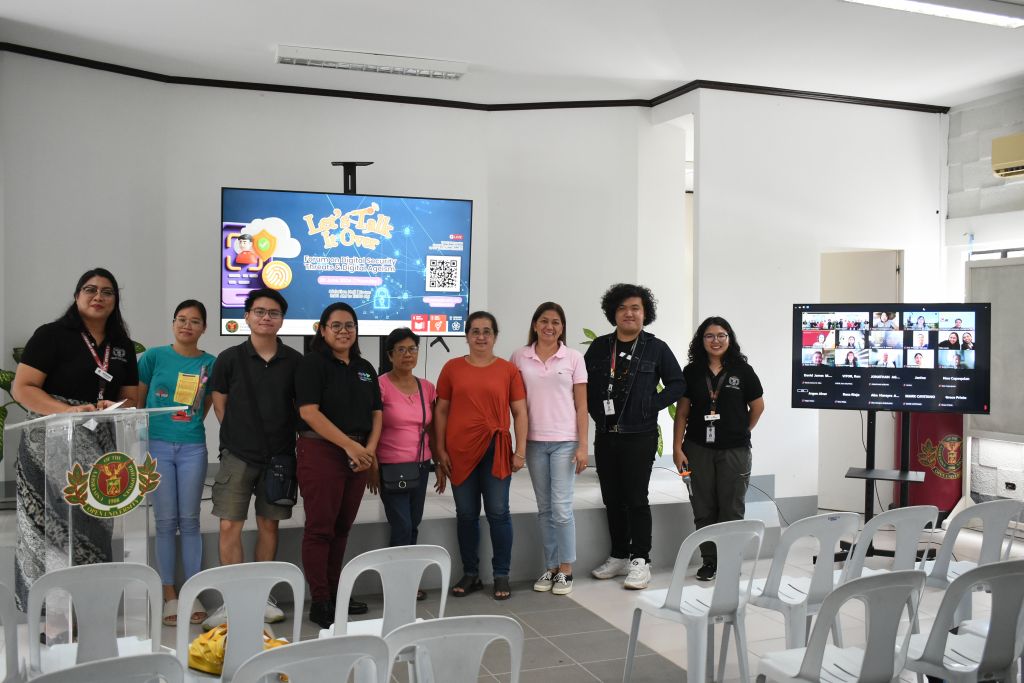

The Faculty of Management and Development Studies (FMDS), as part of the Community Inclusivity, Digital Transformation, and Acceleration Towards Sustainability (CIDAS) Program, hosted a compelling Let’s Talk It Over (LTiO) Forum focusing on digital security threats and digital ageism. The event, in partnership with the Master of Information Systems (MIS) Program of the Faculty of Information and Communication Studies (FICS), took place on 20 June 2024 at the UPOU Oblation Hall, and via Zoom and other UP Open University (UPOU) streaming platforms.
The event aligned with various Sustainable Development Goals (SDGs), including Quality Education (SDG 4), Gender Equality (SDG 5), and Partnerships for the Goals (SDG 17). Dr. Joane V. Serrano, Dean of FMDS, formally opened the program by prefacing that the webinar is one of the advocacies of UPOU with the goal to raise awareness of the digital threats and challenges faced by women and elderly caused by a lack of knowledge. She shared that through the forum, vulnerable sectors such as the elderly and women, will be empowered to critically assess the information they encounter online and equip individuals with the skills needed to stay integrated within a functional society.
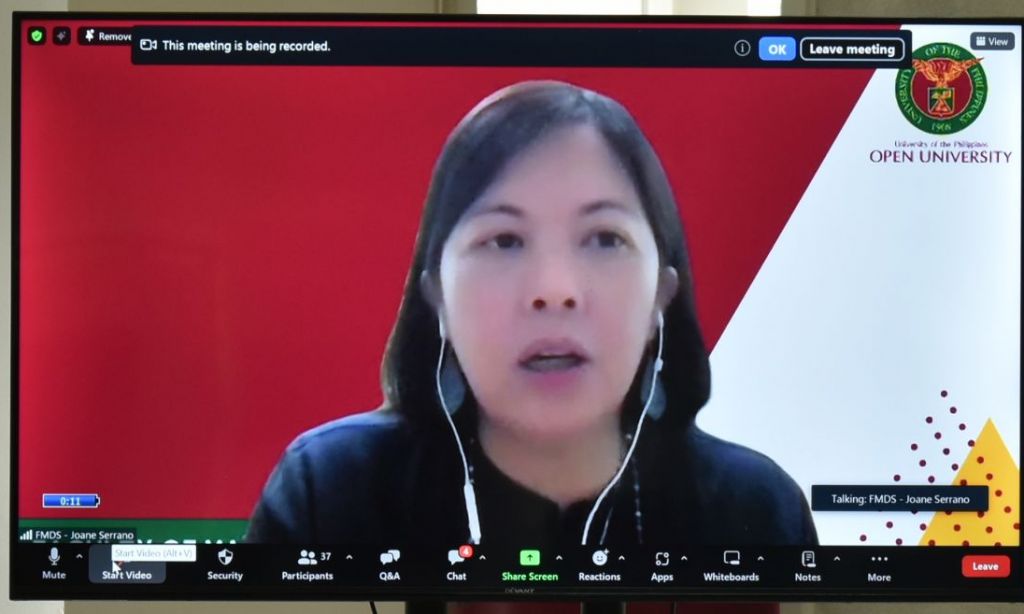

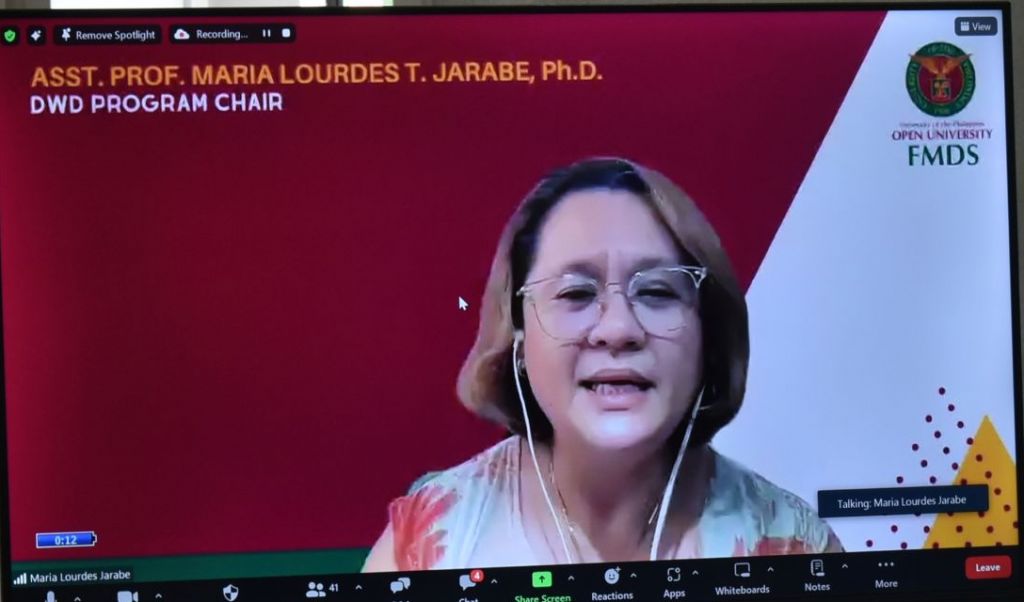

Assistant Professor Maria Lourdes T. Jarabe, Lead Faculty of Women and Elderly Empowerment and Transformation+ (WEET+) and Chair of the Diploma in Women and Development Program, outlined the forum’s multiple purposes: (1)to raise public awareness of critical issues in a society rapidly advancing towards digitalization, highlighting the divide caused by the pandemic between those who can easily adapt and those who struggle, (2) to foster an intergenerational approach to bridge this gap through mutual understanding, learning, and collaboration between youth and the elderly, emphasizing the unique experiences and challenges each group faces, and (3) to contribute to a digitally inclusive society.
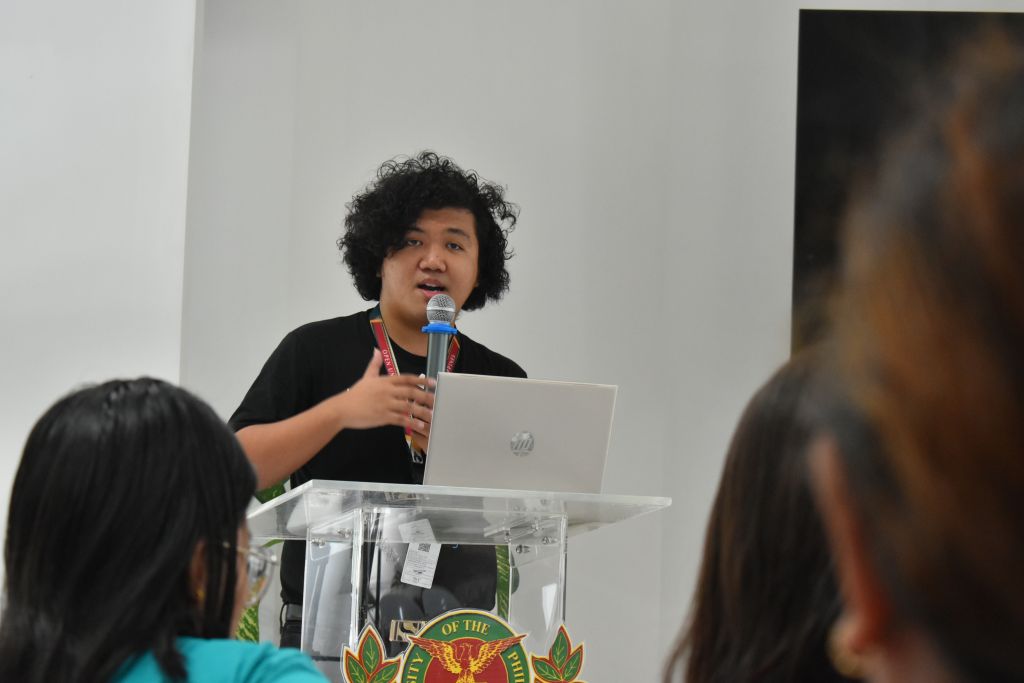

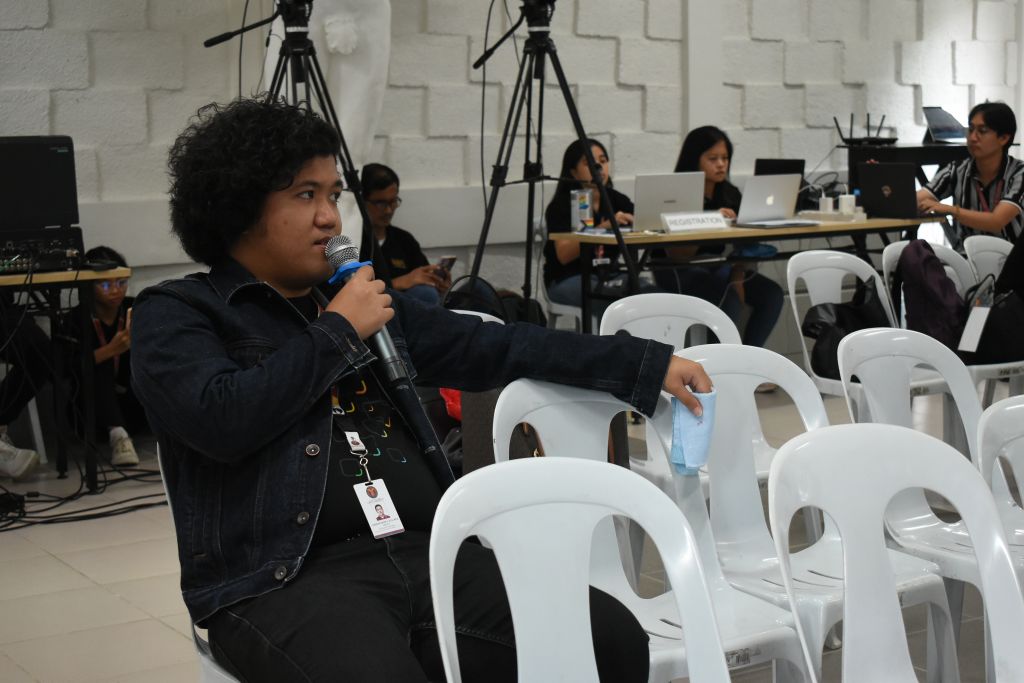

The forum delved into the various challenges the elderly face in adapting to digitalization and dealing with digital security threats. Mr. Joshua David Sta. Rita, the Information Technology (IT) Security Specialist of the UPOU, discussed in his session titled “Staying Safe Online,” the critical importance of digital security in today’s increasingly digital world. He emphasized the rising threats of cyber attacks, including phishing, malware, and social engineering, and provided practical tips for staying safe online, such as using multifactor authentication and being cautious with personal information. Key concepts such as assets, threat actors, threats, vulnerabilities, risks, and acceptable risk levels were explained to provide a comprehensive understanding of the challenges and strategies for maintaining digital security in today’s interconnected world.
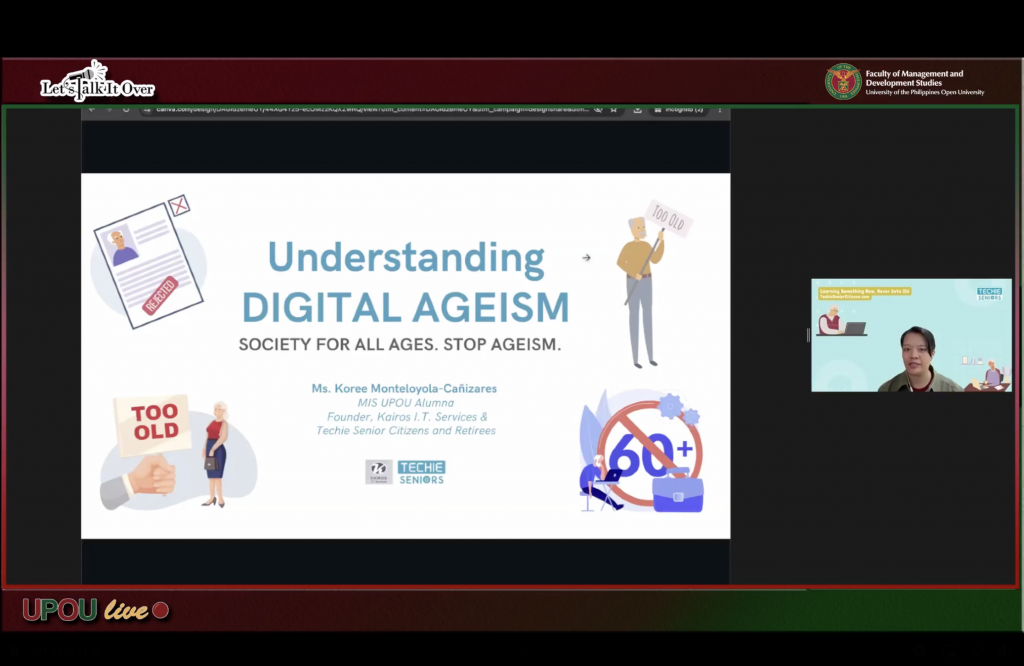

Ms. Koree Monteloyola-Cañizares, the founder of the Techie Senior Citizens PH, addressed digital ageism, highlighting how older adults are often excluded or discriminated against in digital technologies. According to World Population Prospects by 2050, 1 in 6 people globally will be over 65, increasing the relevance of this issue. Digital ageism manifests through biased digital design, data, and algorithms, leading to internalized ageism, social isolation, and poverty. Challenges for Filipino seniors include internet costs, access to devices, and digital literacy. She finished off her presentation with recommendations aimed at further helping senior citizens navigate the digital space by lowering internet costs and improving device accessibility to promote community empowerment by enabling seniors to participate in the digital world. Recognizing the universal right to digital access ensures no one is left behind in the digital transformation. Removing barriers to digital literacy and stopping unjust treatment foster an inclusive digital environment, while diversity, equity, and inclusion programs across sectors support the advancement of all community members through digital means. She also emphasized the importance of engaging the youth in the programs to continually support and include the aging population in a shared and inclusive digital space.
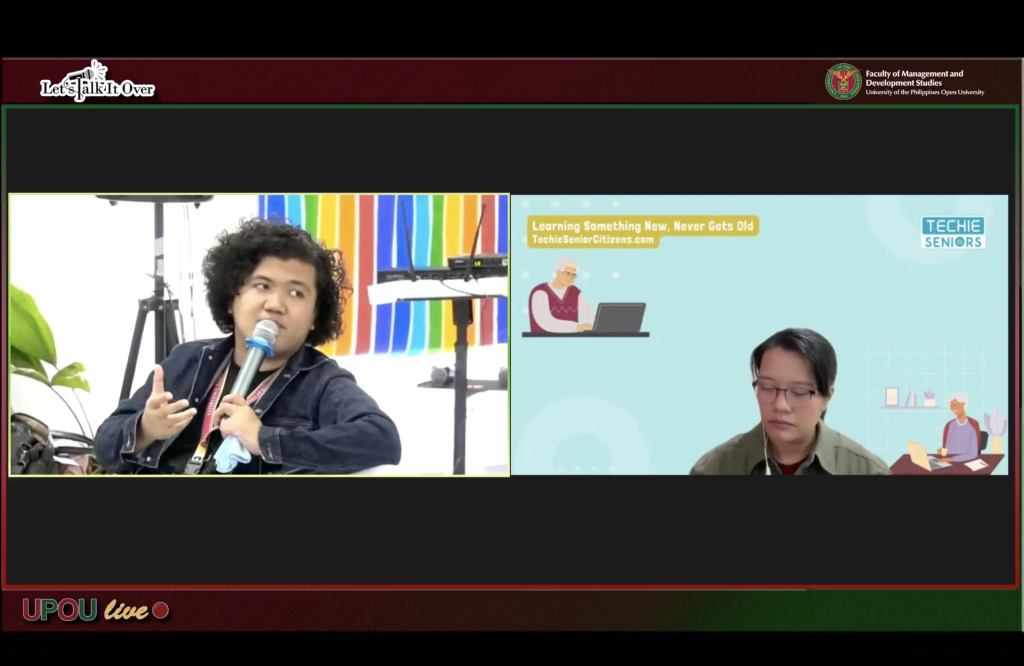

Intergenerational support was stressed upon during the open forum as a means to bridge the digital divide, emphasizing the importance of younger generations in helping older adults develop digital literacy skills. This fostered a sense of community and mutual support, highlighting the value of intergenerational collaboration in creating a more inclusive digital world.
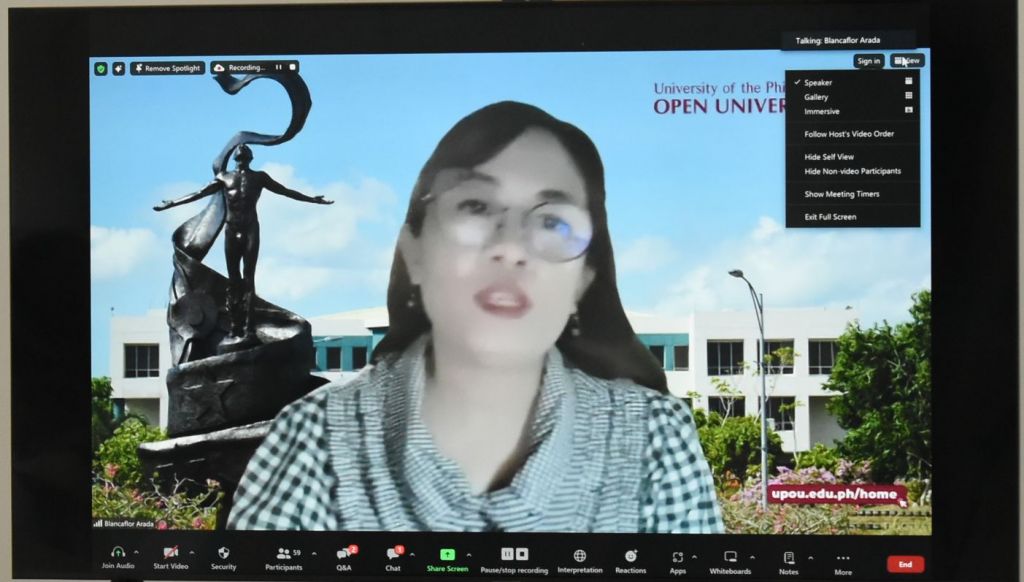

Assistant Professor Blancaflor P. Arada, MIS Program Chair, closed the program by stressing that digital security is not just a technical issue but also a societal one, further reiterating the call to implement collaborative approaches that spans generations and continually advocate for policies protecting all users while providing the necessary support and education to empower everyone navigating the digital space.
Written by: Noreen Dianne Alazada & Daryl Imperial • Edited by: Larry N. Cruz
Sustainable Development Goals

















FMDS Socials